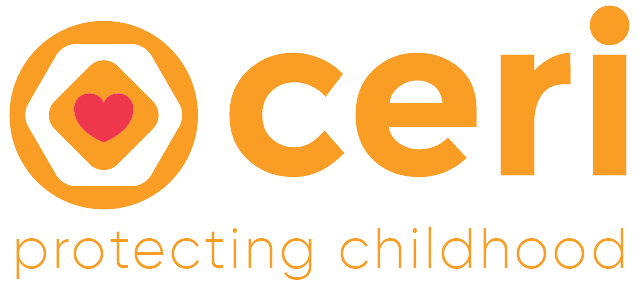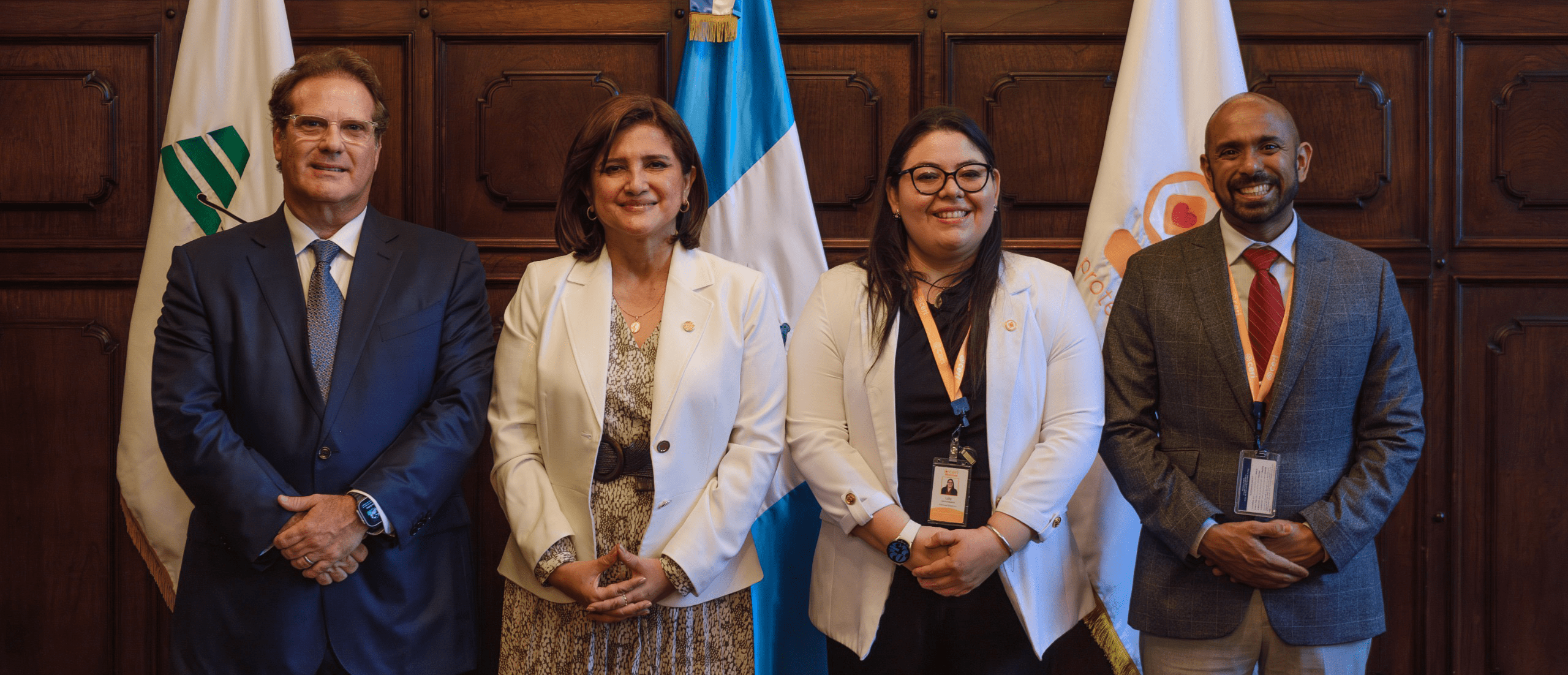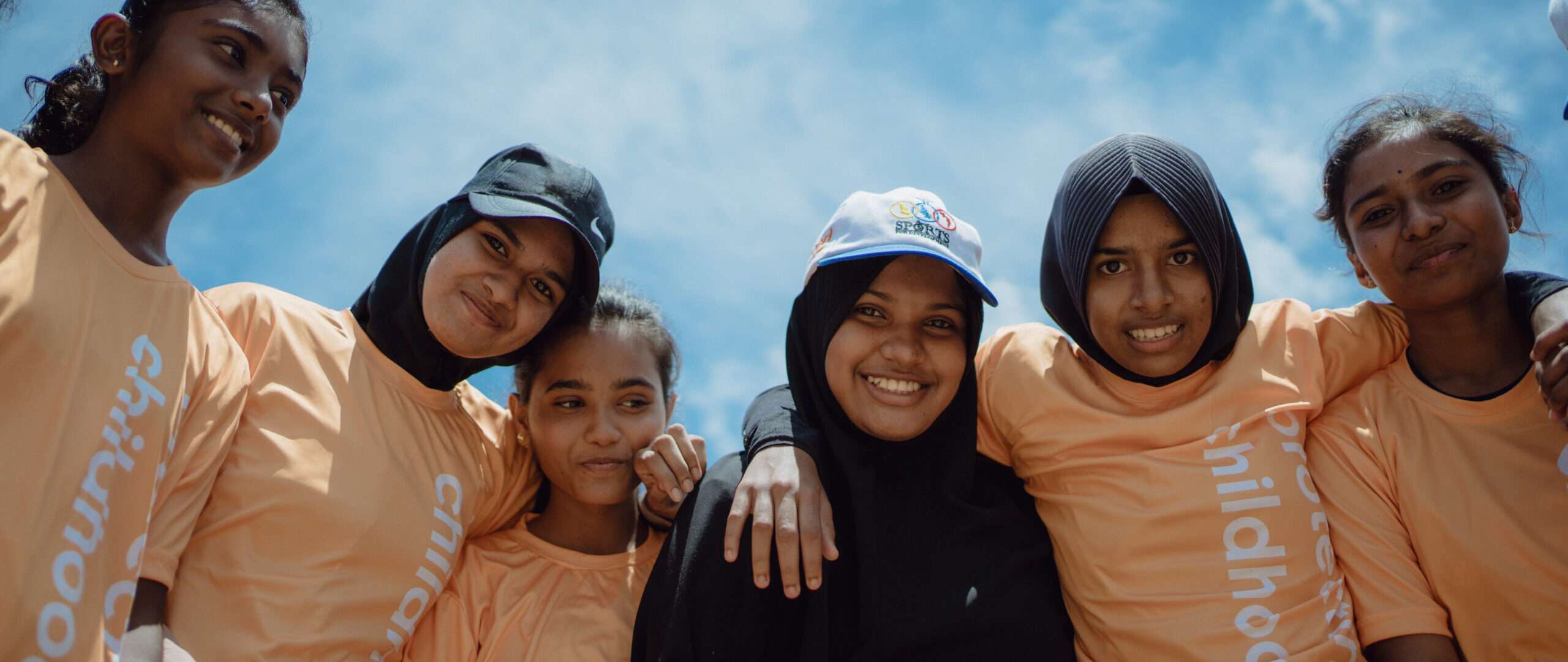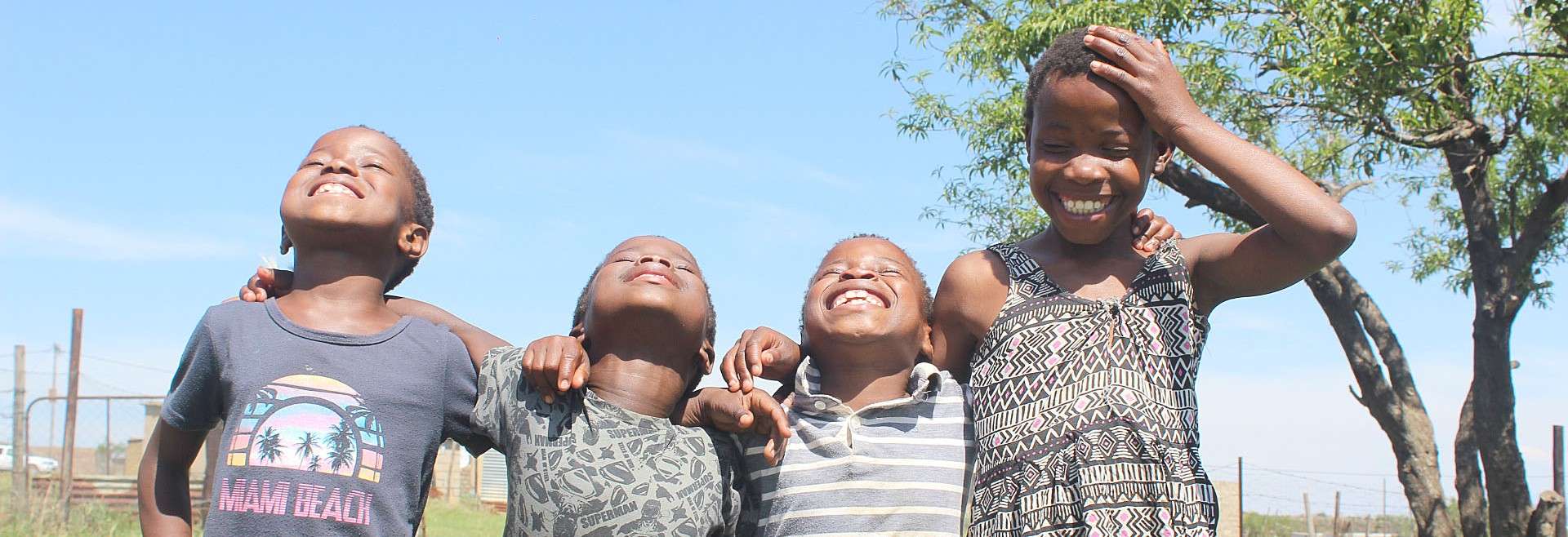How partnerships help families and children stay together in India
Part 1 of 3 of our series on how partnerships help make a difference.
It is only through relationship with others that we can bring about change. We are grateful to witnees the work of compassionate partners who enhance support for children and families in communities around the world.
Sarah’s Covenant Homes (SCH) started in India 10 years ago with the idea that “children deserve families,” but were faced with a stark reality and a tough question: What do we do if the families don’t want them? What do we do if communities do not accept them? In India, children with a disability or terminal illness are often placed in orphanages, hidden from the rest of society, forgotten about, and left without support.
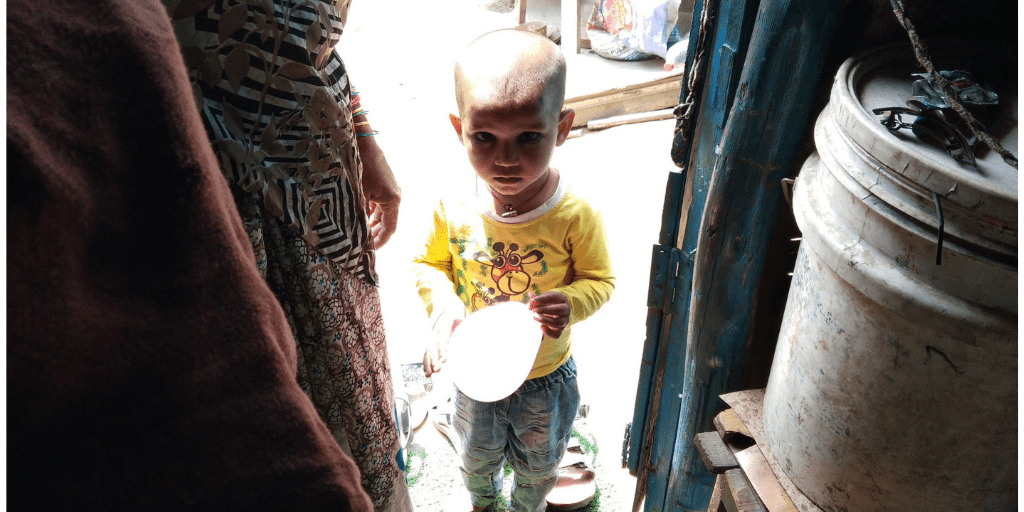
The stigma and shame associated with children who have disabilities was the biggest stumbling stone SCH faced in implementing their vision.
SCH trained their team on alternative care for children and family strengthening. This helped them look at families in a different light. They saw why families and communities struggle with accepting children with special needs. Maybe it wasn’t that they did not want their children, but that they were simply overwhelmed and felt unable to care for them.
So instead of removing children from families, SCH decided to remove this problem from families.
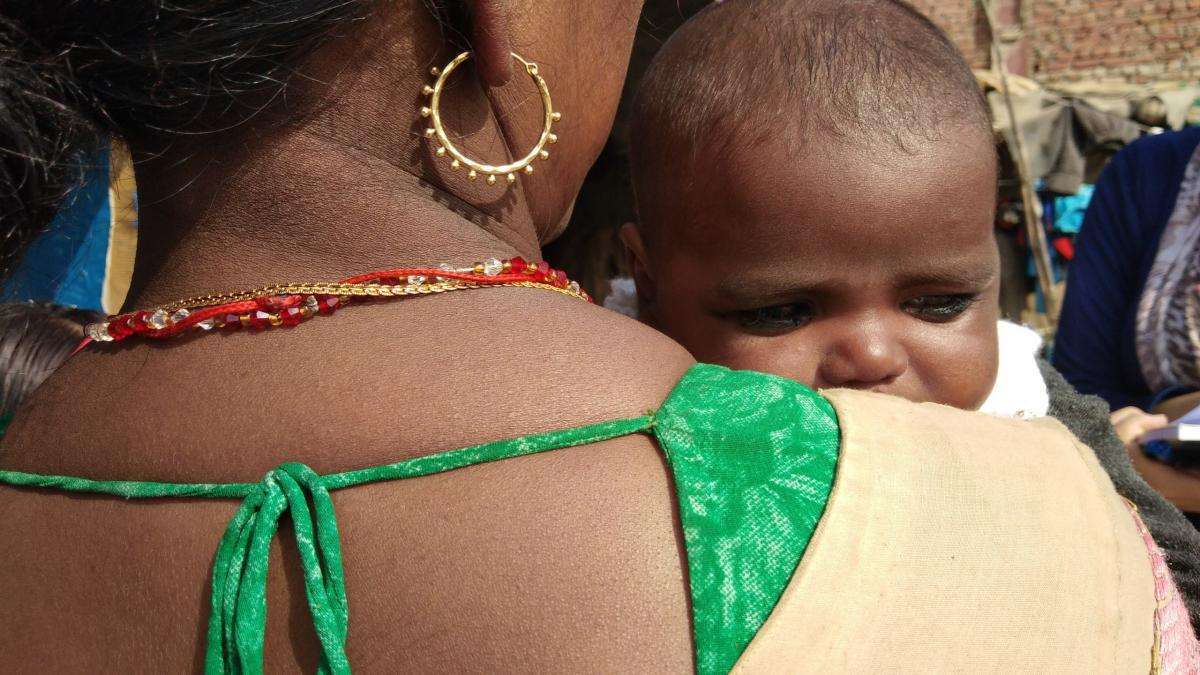
SCH looked at a family’s five fundamental needs: living conditions, family and social relationships, education, physical and mental health, and household income. In addition to learning about family needs, SCH learned case management, preparing families to care for their children with disabilities.
In early 2018, SCH reviewed the cases of 80 children housed in their four small-group homes, evaluating their connectedness with their family, and helping them identify the children that could be reunited with their families.

Today, SCH has seen two families and four children reunited – and this is just the beginning!
SCH has become one of the first organizations in India to reunify children with disabilities back with their biological families.
SCH’s goal is to continue expanding capacity for case management and community-based services so that more children will be able to find their forever homes and be raised in families.
